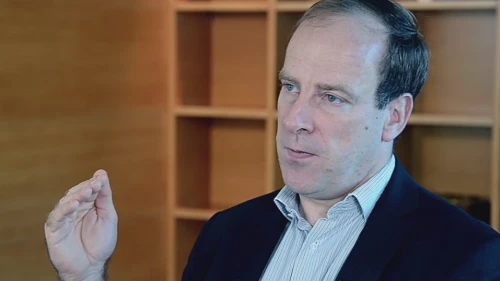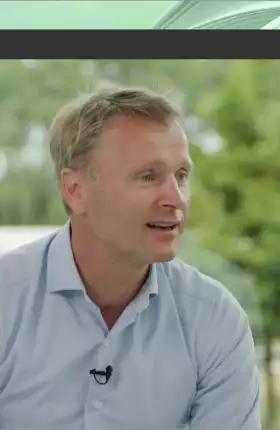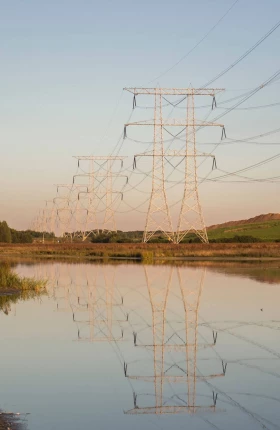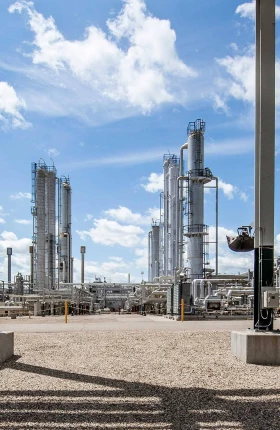
Education
- MS, chemical engineering, Imperial College of London
- École Polytechnique
Christophe Brognaux is a Senior Advisor at Boston Consulting Group. He is a core member of the Energy practice and the global leader for power, renewables, and utilities.
Christophe has led more than 250 energy projects for integrated power and gas players, new entrants in liberalized power and gas markets, independent power producers, regulated transmission and distribution system operators, gas wholesalers, large energy consumers, OEMs, and private equity funds. This experience has allowed him to develop a broad understanding of power and gas markets and potential business models for industry players.
Christophe is the author of several articles on market design and regulation. He is a frequent speaker at conferences and regularly interacts with policymakers as well as industry associations at the European or national level. He pioneered the firm's participation in the Energy Transition Forum, a transatlantic think tank focused on solutions that can move the US and Europe toward secure, affordable, and low-carbon energy systems.
Before joining BCG in 1996, Christophe headed a process engineering team at L’Oréal.








